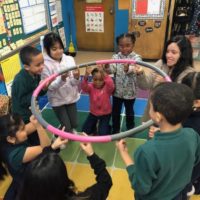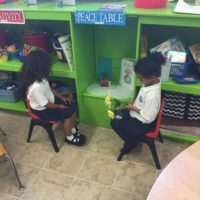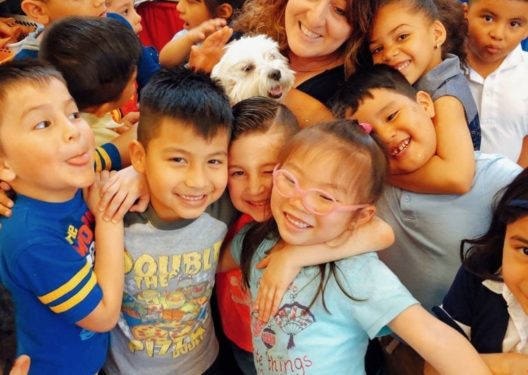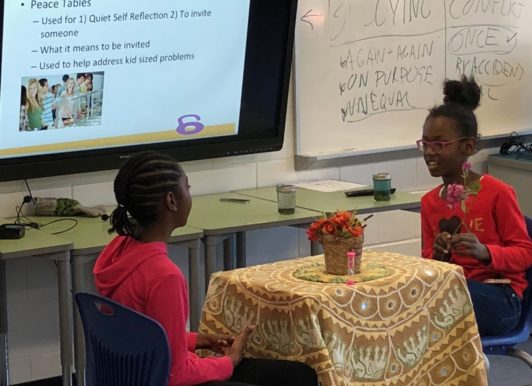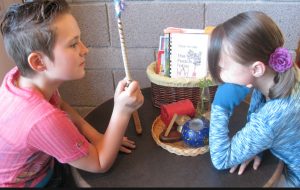Classroom Workshops
While school assemblies offer an engaging overview, our classroom workshops dive deeper, addressing specific questions, facilitating role plays, and catering to individual needs. With each classroom being unique, we personalize our approach to tackle specific challenges, from mean girls to various other concerns. We value intimacy and encourage teachers to share insights, enabling us to create a powerful, personalized learning journey for every student.
In The Classroom
Here at Box Out Bullying we know that social and emotional learning (SEL) is essential to creating safe, thriving communities and schools. SEL in the classroom supports student development of effective emotion regulation, mutually supportive relationships, and self-awareness.
Research has shown that implementing SEL curriculum can lead to a wide-array of positive student outcomes, including improvements in academic performance, decision-making, and overall well-being.
Led by trained artists and specialists, Box Out Bullying’s innovative and fun SEL series offers a comprehensive and tailored experience to help your school and your students achieve their full potential.
The Peace Table
The Peace Tables offers a collaborative way to explore effective conflict resolution, respectful communication, and mindfulness.
One of the essential take aways we emphasize is the distinction between bullying and conflict. By acknowledging that conflicts, disagreements, and misunderstandings (unlike bullying) are a natural part of the human experience, Box Out Bullying’s Peace Table offers a long-term solution to class conflict that builds students’ independence and mutual understanding.
Led by trained specialists, Box Out Bullying’s innovative Peace Table series offers schools and students the chance to further explore and implement social and emotional skills in a practical way.
Classroom Meetings help your students continue the lessons learned through Box Out Bullying.
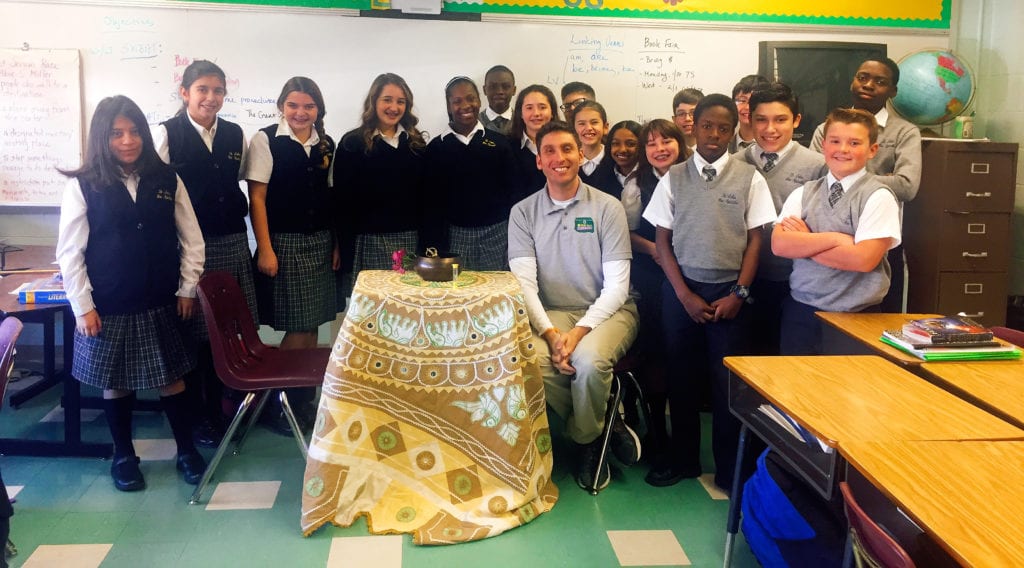
Using classroom meetings, students can build confidence in expressing themselves and provide invaluable insight and ideas about their classroom experience.
By using prompts in a structured environment, the classroom meetings give your students the tools and confidence to communicate their needs throughout the school day, introduce them to collaborative decision making, and develop an atmosphere of trust in the classroom and beyond.
This framework of communication, collaboration, and positive problem solving go hand-in-hand with a STEM focused curriculum.
The Box Out Bullying Student Social Emotional Learning (SEL) Workshop uses class meetings as a tool to help your class work together, to advance student social development, to build the classroom community, and to strength teacher-student relationships.
After implementing class meetings, you will see a school-wide improvement as students become more respectful of each other, learn how to actively listen to each other, and develop strategies to talk through their issues.
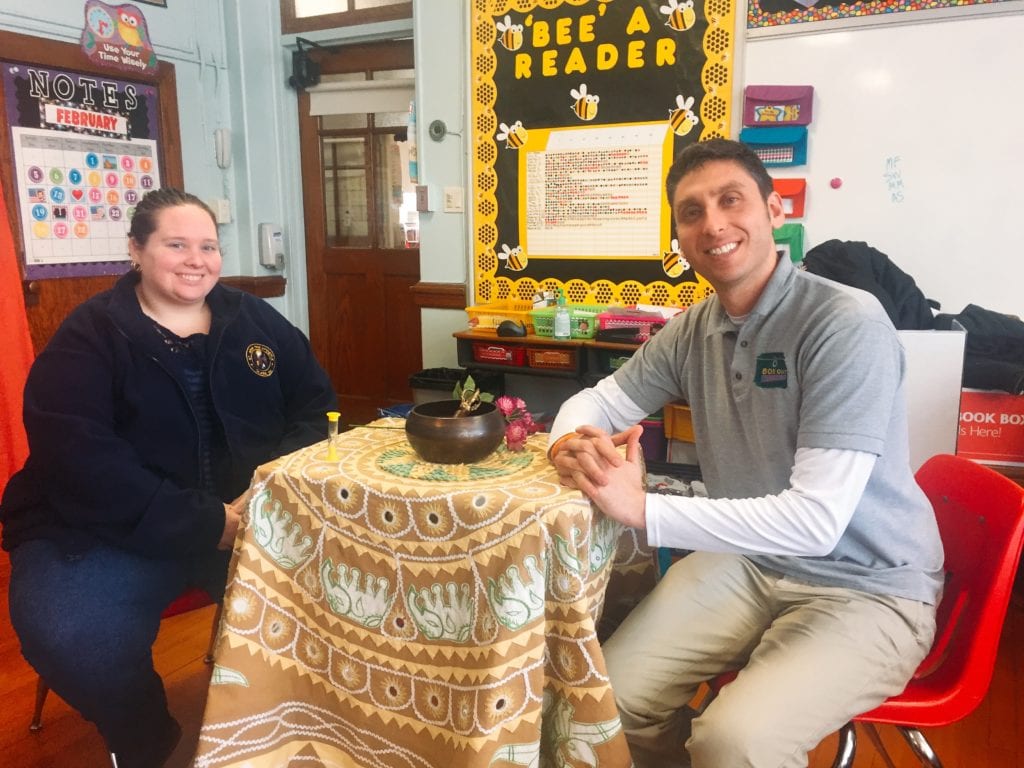
Class meetings should be incorporated directly into lesson plans, interspersed periodically.
Early in the year, the meetings will help you set norms for the class community. Students will have the opportunity to express how they want to interact with each other, what kind of classroom they want to experience through the year, and, based on that, how they will treat each other to achieve those wants.
The Peace Table



Box Out Bullying is a leader in giving students the tools to peacefully resolve conflicts on their own, leading to long-term and sustainable results.
Peace Tables are designated spaces in the classroom environment where children can go to take a moment, calm themselves, and work out conflicts in a peaceful way.
At Box Out Bullying, we seek to empower educators and students to recognize the difference between bullying and conflict. Conflicts , every day disagreements or misunderstandings, are a natural part of the human experience. Finding a consistent and peaceful way to resolve conflicts can be a daunting task for educators. This is where the Peace Table comes in.
Peace Tables encourage conflict resolution through peaceful and respectful communication.
Some benefits of the Peace Table:
– It encourages children to be open and express what’s on their mind.
– It gives students a routine: a specific place and method to achieve an agreeable solution.
– It is quick and simple to set up.
– It saves time and energy for both students and educators, creating a lasting and sustainable solution.
Set Up:
In a peaceful or calm part of the classroom, set up your Peace Table with the following tools. Refer to this Check List.
– A flat surface
– Two chairs
– A colorful, inviting table covering
– An object of peace
– A peace lily
– 3-minute sand timer
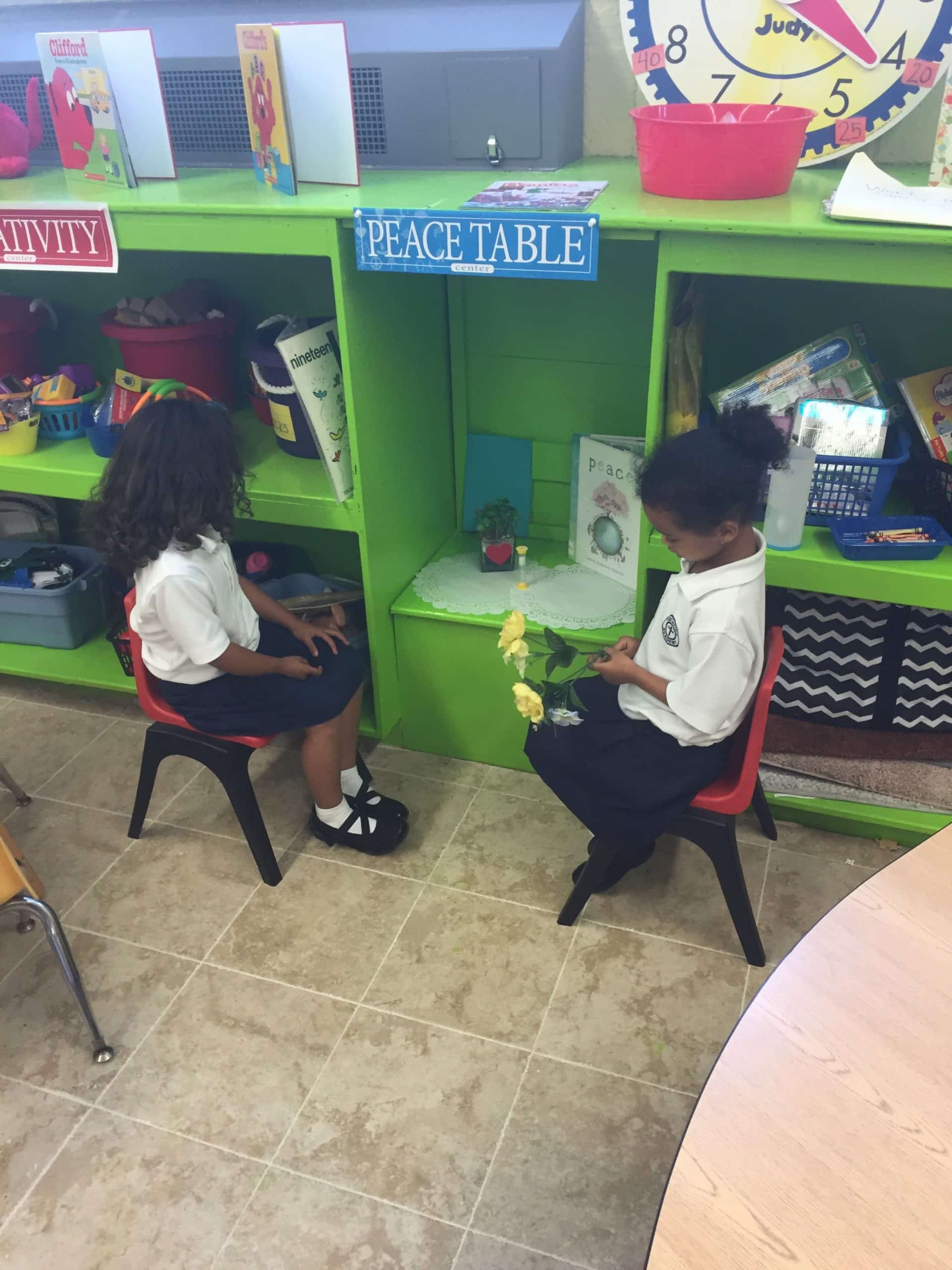
Student Outcomes:
Students will be develop essential critical thinking and problem solving skills. With empathy and caring, students will be able to demonstrate successful Peace Table meetings by:
– Inviting a fellow student to resolve an issue
– Using “I-Statements” when discussing feelings and experiences
– Actively listening to each other without interrupting

